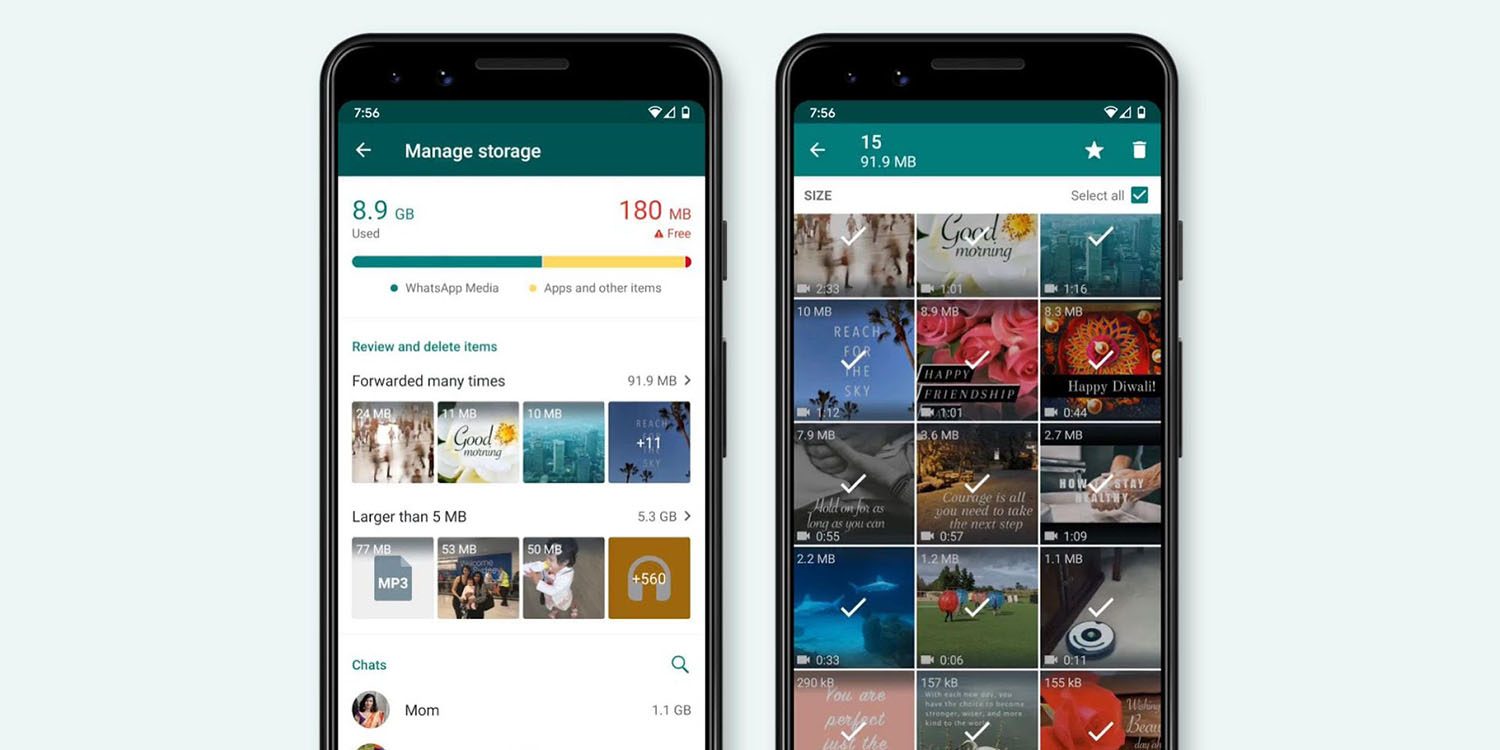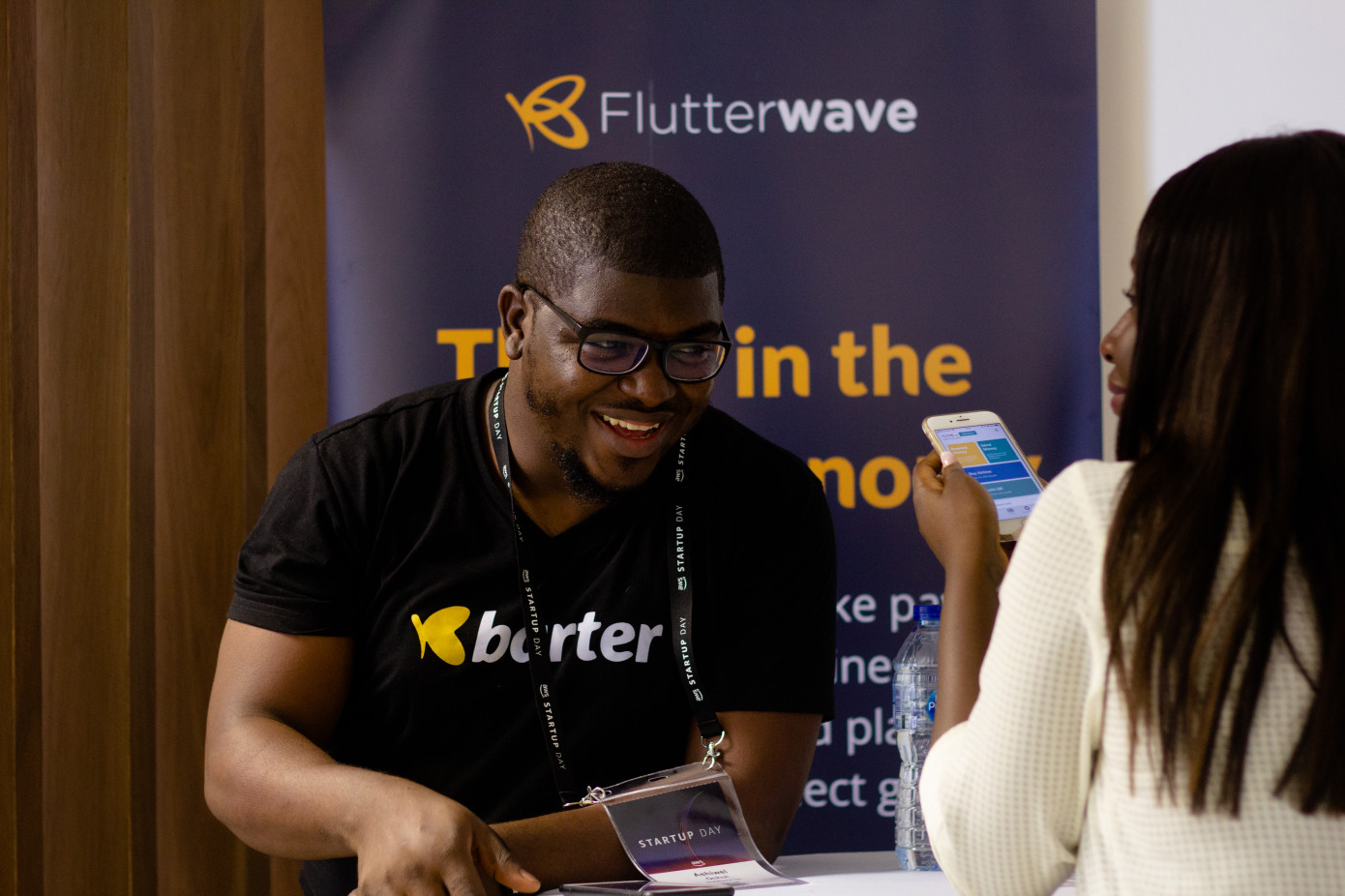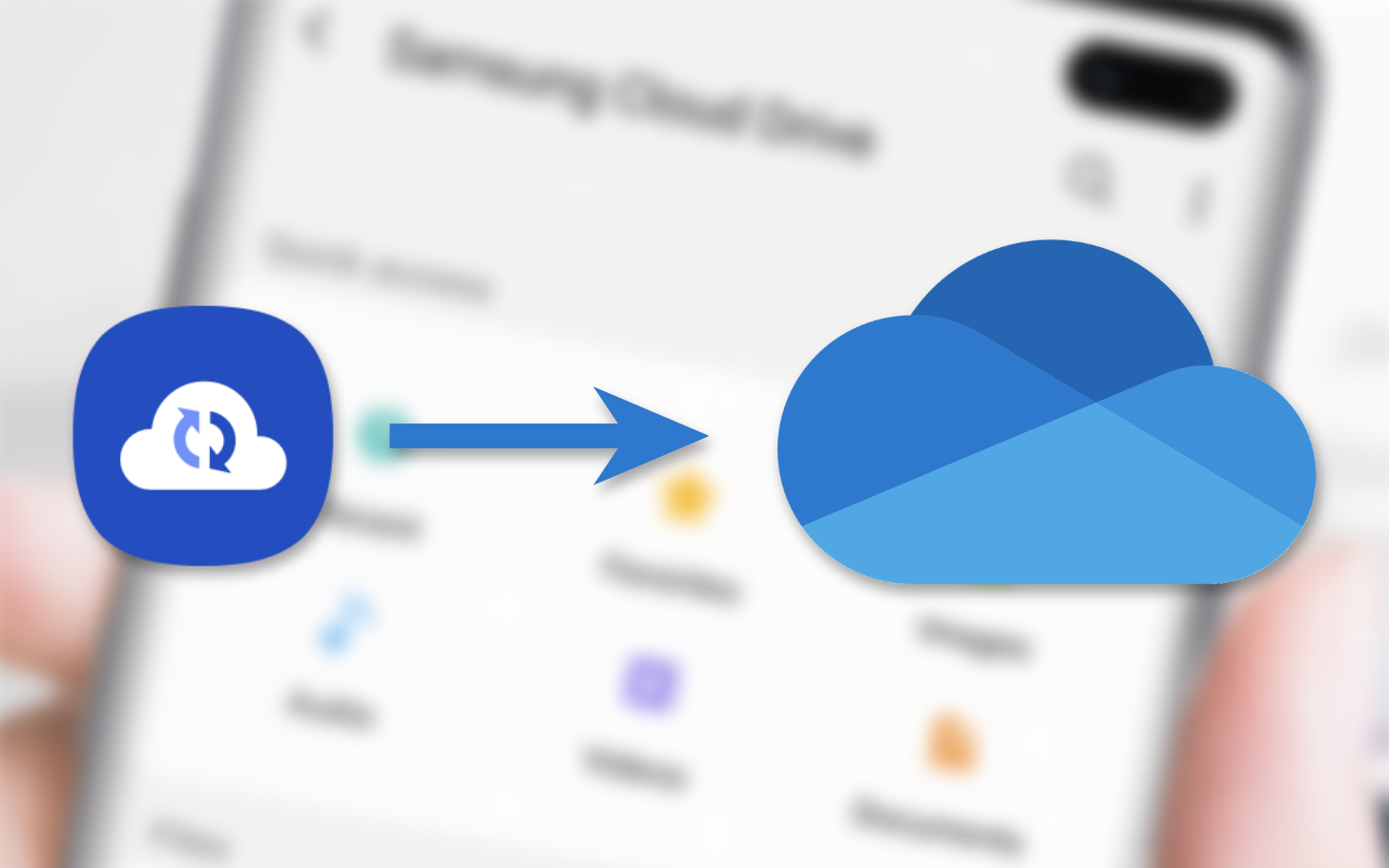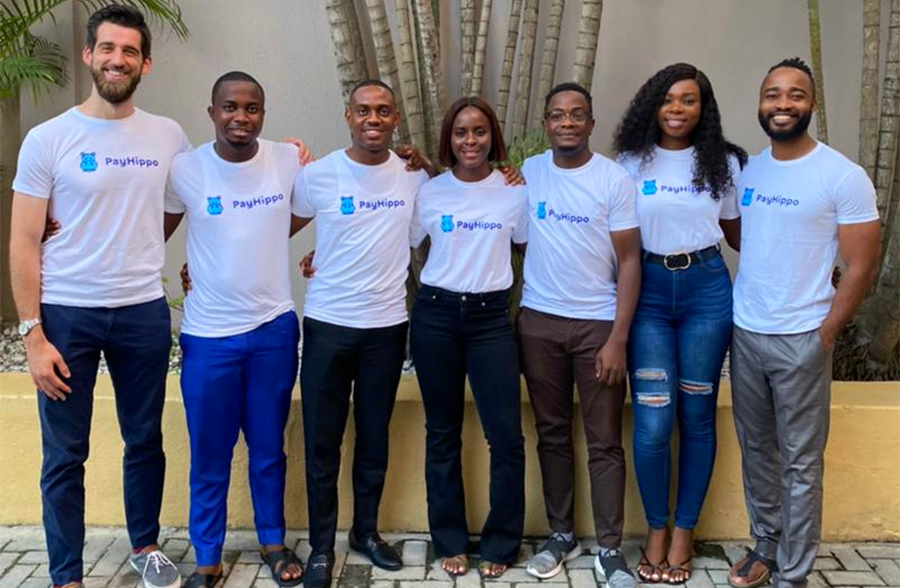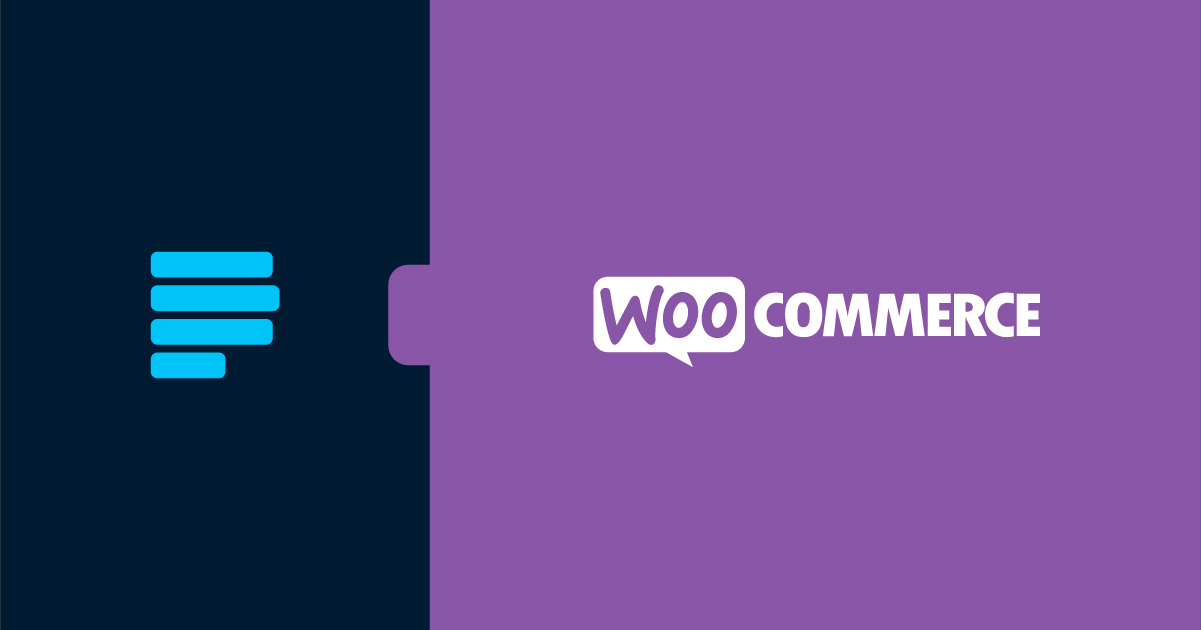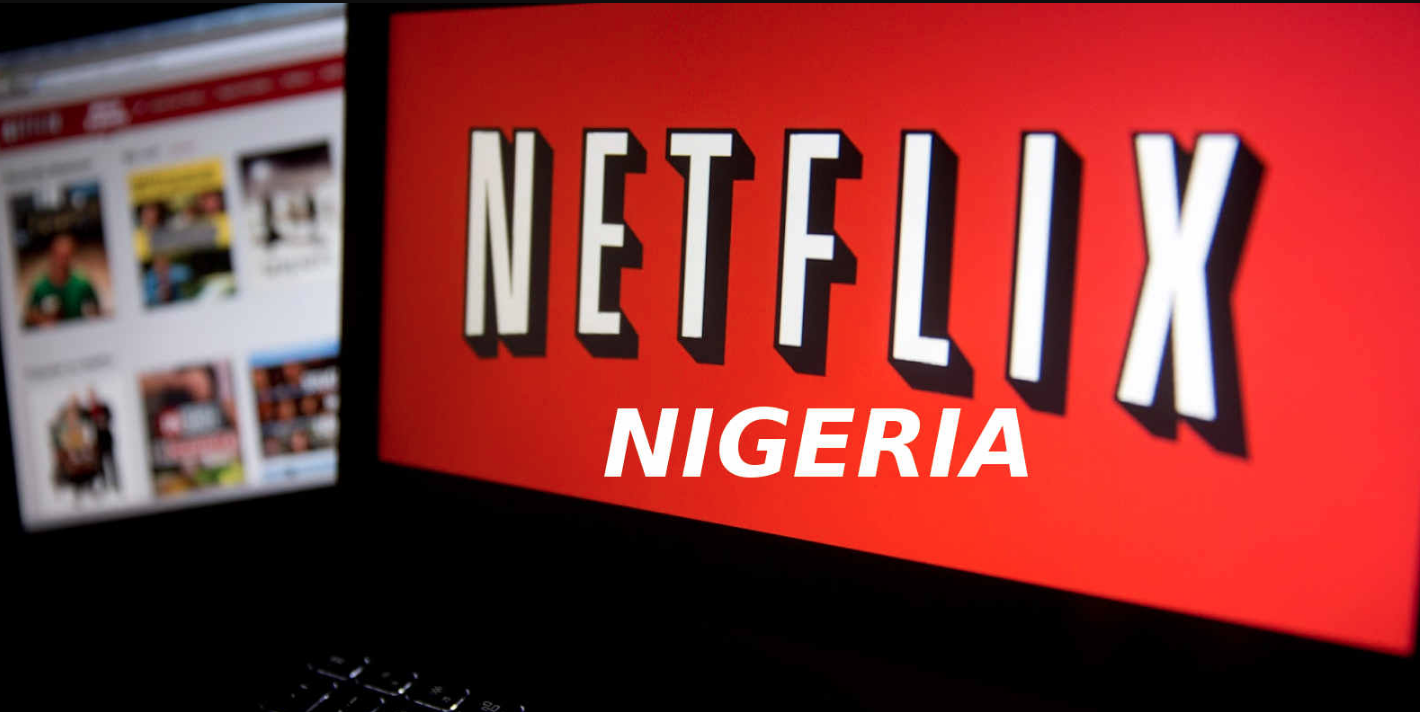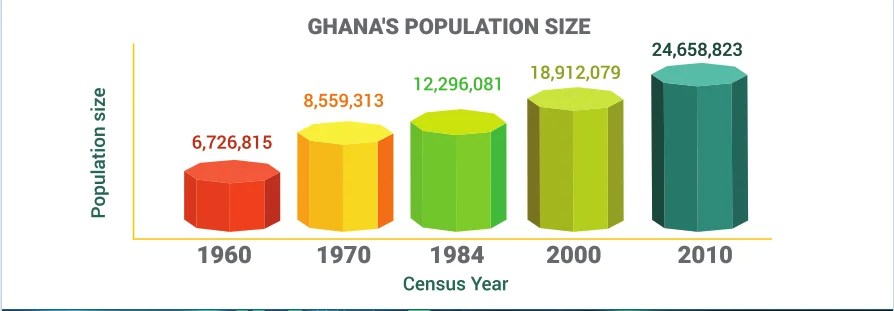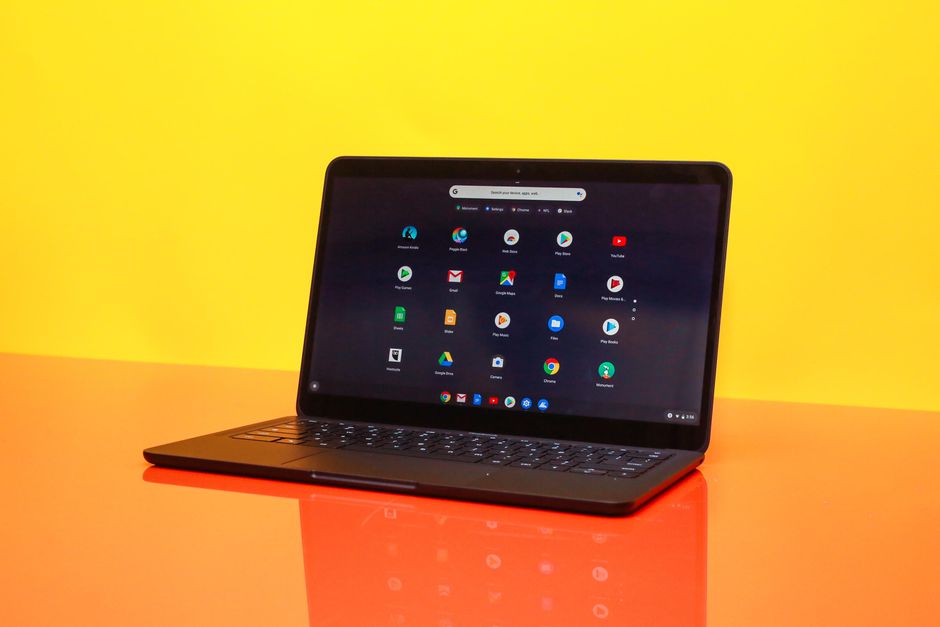CribMD came to the surface in June 2020 and in one year, has established itself as one of the fastest-growing eHealth startups in the country.
The service is based on connecting users with doctors and healthcare professionals that can deliver in-home services to them. In other situations, it also allows doctors and patients to enjoy the many benefits of telemedicine, bringing the needed healthcare to everyone wherever they are.
Having raised some US2.6 million seed funding earlier this year, the start-up has now purchased Charisland Pharmaceuticals, a retail pharmacy brand in the country.
CP has been around since 2009 and has, in that time, established authority and quality of its products and services in the market. However, the company is looking to exit the Nigerian space and return to the home country of Canada where it came from. It was, thus, a fine time to get an offer from the likes of CribMD and complete a sale too.
On the part of CribMD, this acquisition makes it possible to scale even faster and better, delivering better healthcare to their patients. Thus, patients can see their doctors online/ in-house and request for the prescribed meds via any of the retail CP outlets close to them.
With this move, CribMD continues to push the limits of how well and fast healthcare can be brought to the doorstep of those who need it.


